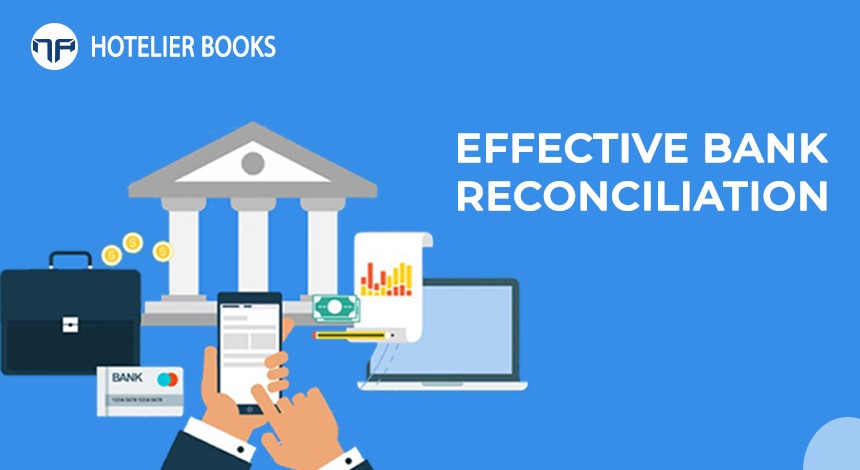Hotels and banks tend to be the most popular business partners. But when it comes to reconciling their accounts, the number of errors rises considerably because agreements between hotels and their financial institutions are often insufficiently clear. This is why we have come up with nine tips on how you can reconcile your accounts more efficiently:
1) Keep control over your room rates
The reduction in room rates is usually not a problem for hotels because they have fixed costs, with most being staff salaries. By reducing room rates, a hotel would actually generate additional revenue that could then be used for other purposes. However, if a hotel reduces its average daily rate too quickly without thought, it could end up with a drop in occupancy and consequently lower profit margins. This is why it’s important to set a maximum allowable rate or maximum revenue per occupied room (RevPAR) as a target for the hotel management.
2) Keep control over your costs
In order to achieve this, you have to know how much each individual expense influences your revenue stream. To do so, ask yourself what expenses would remain if no room was ever rented again? These key figures allow you to keep track of which costs are critical and whether they justify the high level of spend. In addition, there should always be enough buffers in place to offset fluctuations in demand and rates. If compared with total turnover, those buffers should amount to 10% at least.
3) Keep track of your costs
Hotels should take a closer look at which department is causing how much cost. If the reason for the different departments’ spending behaviors is not apparent, then it’s time to take action because that may lead to lengthy discussions between the parties involved.
4) Involve finance in revenue management decisions
Before making any changes, hotels should always consult their financial experts first. These will decide whether an adjustment would be beneficial or if it could end up with negative results later on. It’s also important for hoteliers to keep their financial experts in the loop when creating new strategies or changing existing ones.
5) Design efficient processes to optimize staff performance
This means you have to set clear goals and success criteria for staff members that are measurable, achievable and realistic. Moreover, employees need to know in advance how they can contribute to achieving these goals in their daily work.
6) Involve finance when setting performance targets
This is the only way you can make sure your financial experts’ views are taken into consideration in order to avoid negative effects on the business.
7) Train staff thoroughly
Being aware of different processes means being able to identify potential issues with them before they have a negative impact on hotel revenue. This is why all employees should be trained accordingly so that they are able to correctly assess the situation if they find themselves unexpectedly confronted with it.
8) Promote transparency within your team
Before changing any process or strategy, hoteliers should consult their staff. People are more likely to accept changes if they understand why these are being made in the first place. And once everyone knows what is expected of them, it will be easier to identify any irregularities at an early stage before they can have a negative effect on hotel revenue.
9) Hire the right people
Lastly, your employees should also have all the necessary personal qualities that suit them for their jobs. Since processes and strategies change continuously based on new data, you need employees who are willing to learn and develop themselves over time instead of merely focusing on short-term results.
Auto Reconcile your Bank Accounts with Hotelier Books and get bank feeds automatically and eliminate all the surprising accounting errors, while avoiding transaction discrepancies and ensure to keep your hotel business deposits accurate, and saving both money as well as valuable time.




